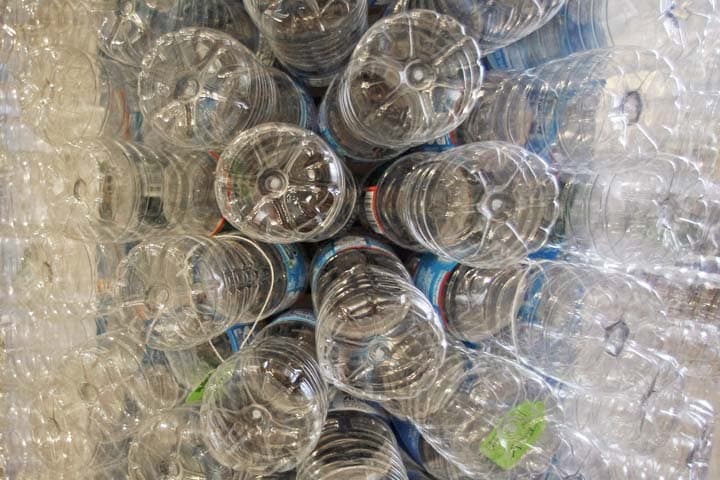Advertisement
The Safety Of Plastics, Beyond B.P.A.
ResumeMore scrutiny of plastics. Evidence of potential danger now, even in the kinds that were supposed to be safe. We’ll get the latest.

The Food and Drug Administration says the chemical bisphenol-A, or B.P.A., is safe – but bans it in baby bottles, baby cups, the packaging for baby formula. The American Medical Association has deemed B.P.A. an “endocrine disrupting agent.” Studies have found it mimics estrogen. Have linked it to cancer, asthma, diabetes, obesity, infertility, heart disease. Households across the country have cleared their shelves of B.P.A. plastic. But what if the “B.P.A.-free” plastics – substitutes - are dangerous too? There’s a huge fight over that right now. This hour On Point: the safety of plastics.
-- Tom Ashbrook
Guests
Mariah Blake, reporter for Mother Jones. (@MariahCBlake)
R. Thomas Zoeller, professor of biology at the University of Massachusetts, Amherst.
Shuk-Mei Ho, chair of the department of environmental health at the University of Cincinnati College of Medicine.
From Tom's Reading List
Mother Jones: The Scary New Evidence on BPA-Free Plastics — "Today many plastic products, from sippy cups and blenders to Tupperware containers, are marketed as BPA-free. But Bittner's findings—some of which have been confirmed by other scientists—suggest that many of these alternatives share the qualities that make BPA so potentially harmful."
Wall Street Journal: No Ill Effect Found in Human BPA Exposure -- "Human exposure to a controversial ingredient in many plastic bottles and food containers is too low to be worrisome, according to a closer look at 150 studies of an additive called bisphenol A, widely known as BPA. A toxicologist at the federal Pacific Northwest National Laboratory reported Friday that he had re-examined studies covering blood levels of BPA, which in high enough doses can mimic the sex hormone estrogen, among 30,000 people in 19 countries, including women and infants."
Newsweek: BPA Levels Higher in Men With Prostate Cancer: Study -- " new study published Monday in the journal Plos One found that men with prostate cancer have BPA in their urine at levels 2- to 4-fold higher than cancer-free men. Aging is the best-known risk for prostate cancer, which makes the study’s findings particularly salient: BPA concentrations were especially high in prostate cancer patients under the age of 40, when aging is less of a contributing factor to the development of prostate cancer."
R. Thomas Zoeller's Tips On Reducing BPA Exposure
More Tips From R. Thomas Zoeller
This program aired on March 6, 2014.